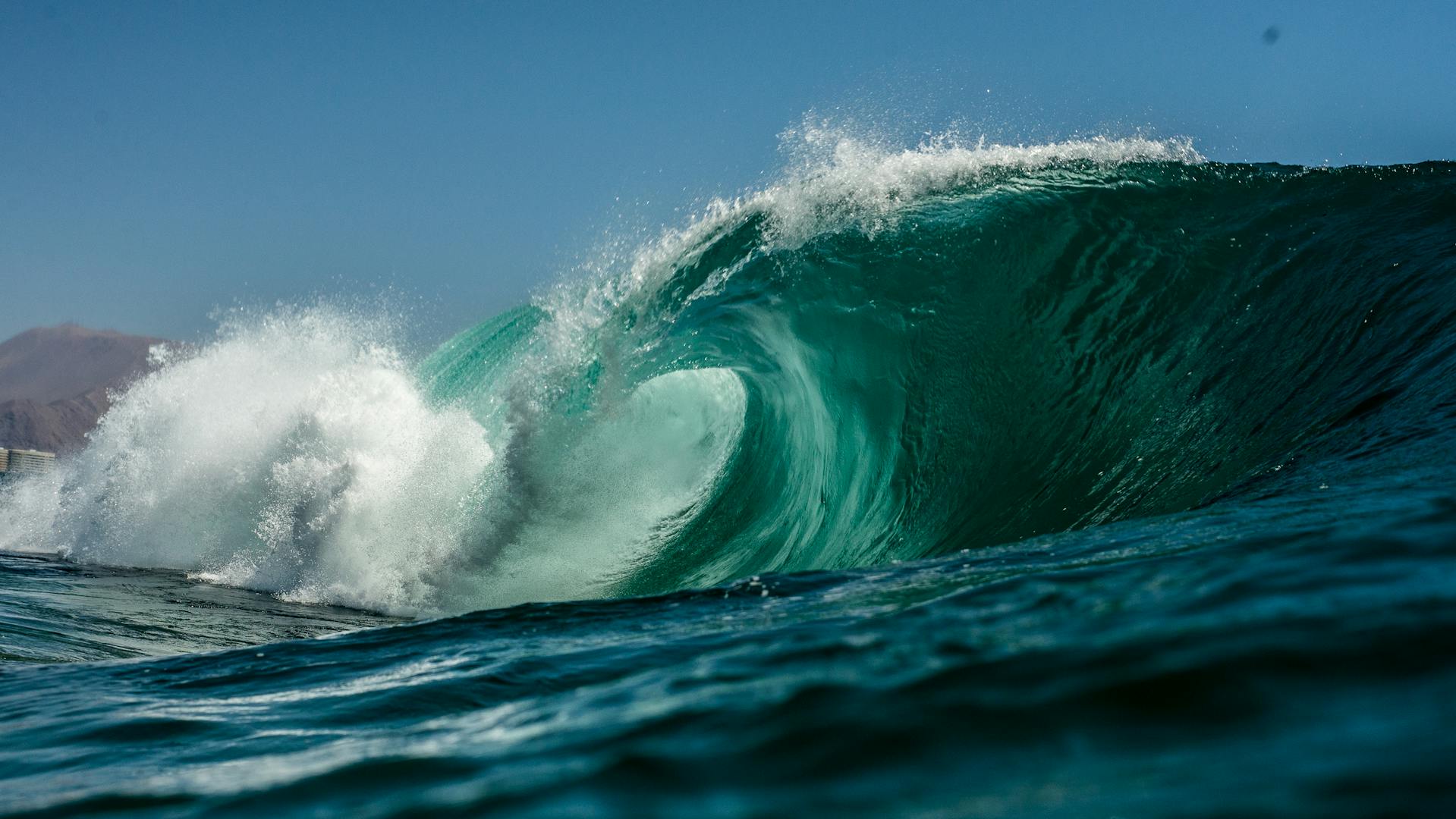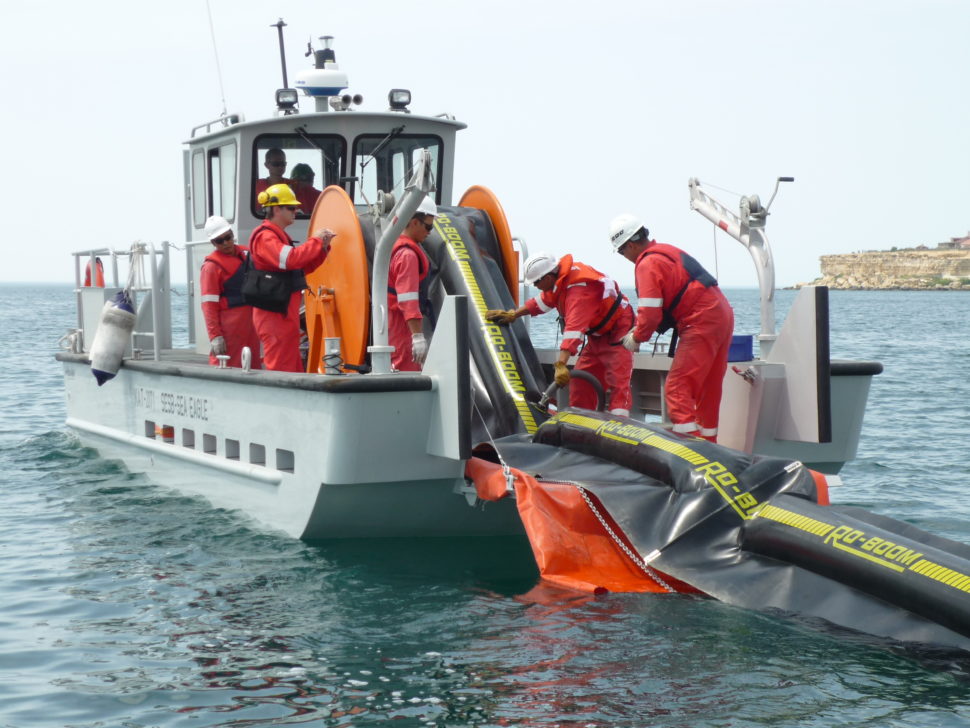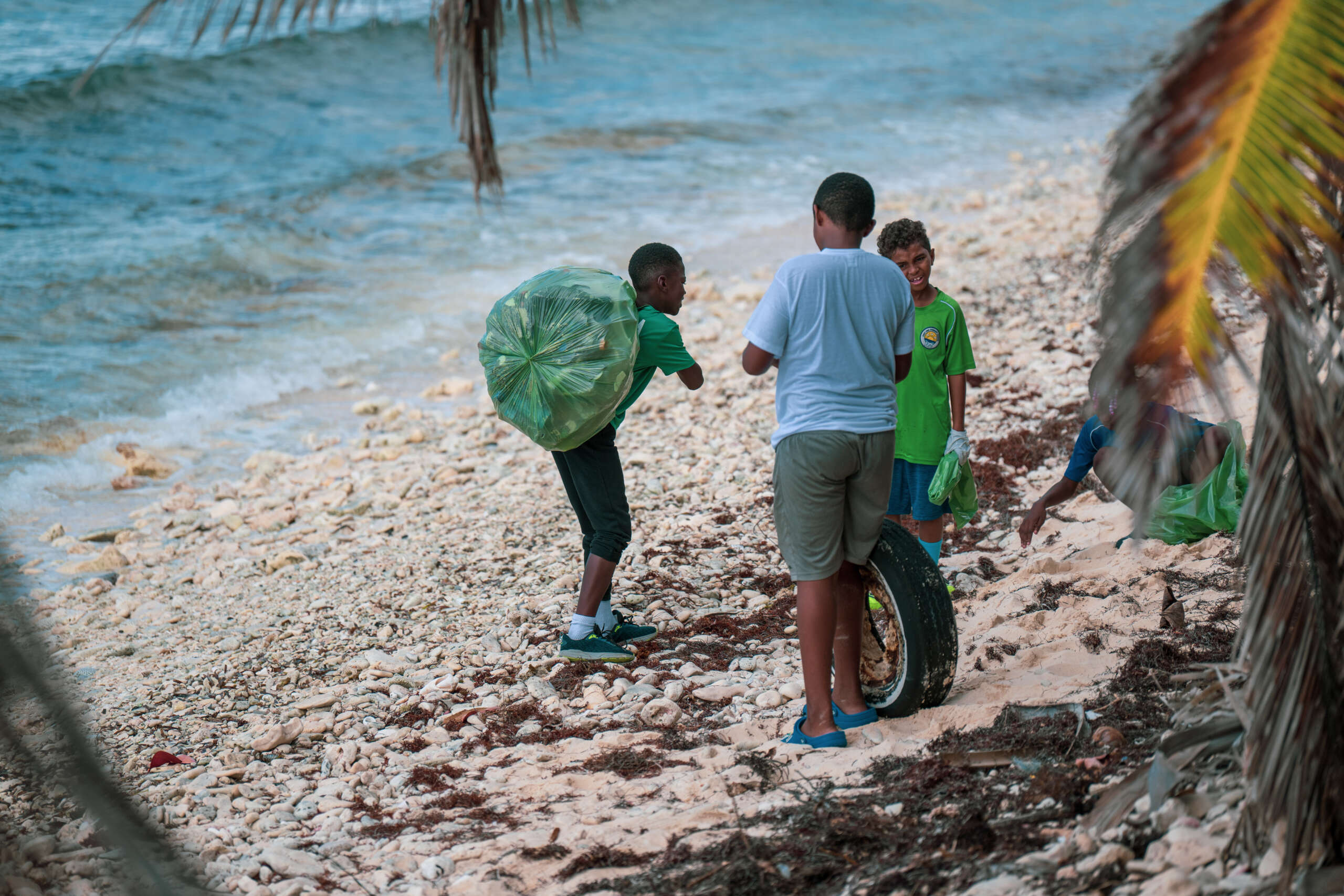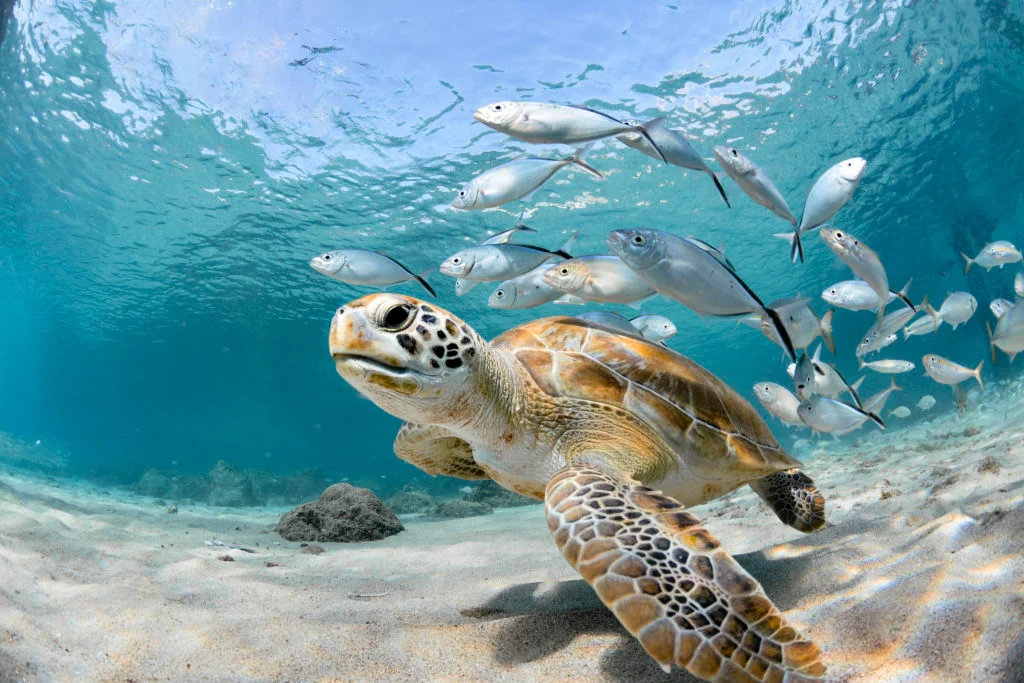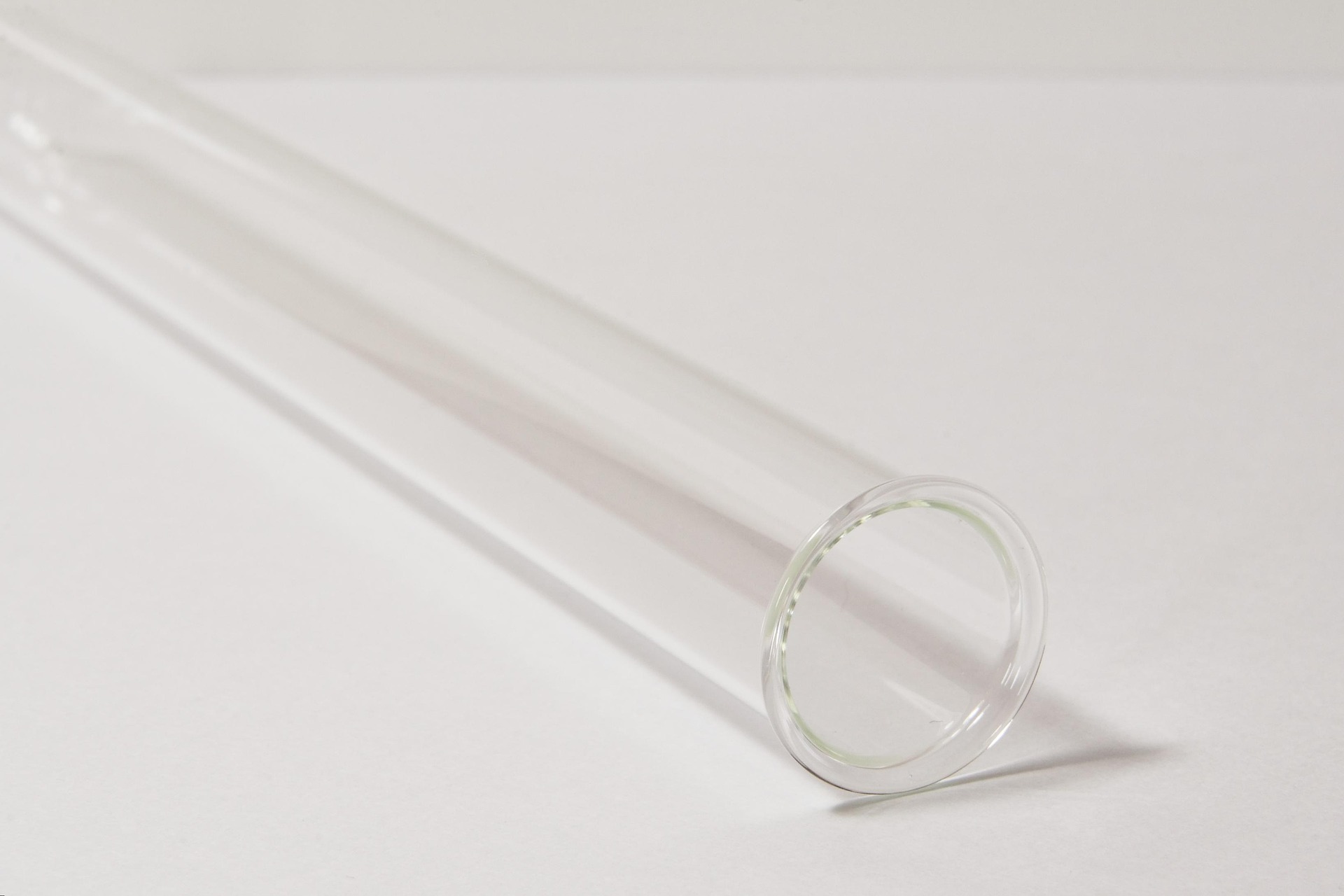Introduction
The Blue Economy Development Program is an innovative initiative designed to highlight the critical role oceans play in sustainable development, economic growth, and environmental protection. By focusing on the responsible use of marine resources, the program equips participants with knowledge and practical experience to understand how the ocean can drive prosperity while safeguarding ecosystems for future generations.
What is the Blue Economy?
The term Blue Economy refers to the sustainable use of ocean resources for economic growth, improved livelihoods, and jobs, while preserving the health of marine and coastal ecosystems. It encompasses industries such as fisheries, aquaculture, maritime transport, coastal tourism, offshore renewable energy, and marine biotechnology. The Blue Economy Development Program introduces participants to these sectors and emphasizes the importance of innovation, sustainability, and stewardship.
Program Highlights
Participants in the Blue Economy Development Program will engage in a variety of learning opportunities, including:
- Interactive sessions exploring the foundations of the Blue Economy and its global significance.
- Expert lectures from specialists in marine sciences, sustainable development, and ocean industries.
- Workshops and projects focused on real-world challenges, encouraging innovation and creative problem-solving.
- Team-based activities designed to build leadership, collaboration, and entrepreneurial skills.
Why It Matters
Oceans cover more than 70% of the Earth’s surface and are central to life, climate regulation, and the global economy. However, they face growing pressures from overfishing, pollution, and climate change. The Blue Economy Development Program seeks to inspire a new generation of leaders who will champion sustainable practices, ensuring that ocean resources continue to provide for people and the planet alike.
Conclusion
The Blue Economy Development Program is more than an educational experience—it is an opportunity to become part of a movement that values both economic progress and environmental protection. By empowering youth with knowledge and practical skills, the program helps shape future leaders committed to building a sustainable and prosperous ocean economy.
